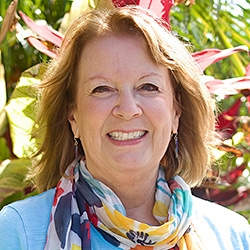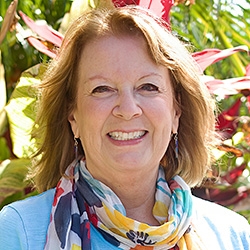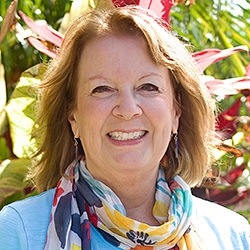

NVC Resources on Responsibility
-
What we refer to as "selfishness" is action taken without concern for the impact or cost of that action. Self-responsibility, on the other hand, includes actively living from the truth of interdependence, care for your and others needs, thriving of all, and more. We can access clarity of self care when we have open flexibility, curiosity, and responsiveness. Read on for more on the indicators and attributes of each of these distinctions.
-
Self responsibility is owning what's yours. It involves identifying your observations, evaluations, feelings, longings, and more. When we identify what's truly ours we are unlikely to mistake it as coming from outside of us. Self responsibility is not self blame. Without self responsibility, we project, blame and judge. Self-responsibility is central to clarity and full self-awareness. This exercise will guide you there.
-
Trainer Tip: Mary shares an experience about accepting responsibility for her actions and how that lead her to greater choice and freedom.
-
Trainer Tip: Giving up on blame and taking responsibilty for our choices is immensely empowering. Mary offers a tip for growing in this direction.
-
If it's a tender topic and/or you are looking for a particular level of responsiveness, you can let listeners know what you want back before you share -- or you can ask them for a particular kind of response right after you share. The more you can do this, the more it can create supportive relationships in your life. Read on for ways to ask for a particular kind of responsiveness to meet particular needs.
-
Step into leadership and connection by taking full responsibility while honoring all needs.
-
Being self-responsible is about empowerment — via noticing what is potentially in our locus of control, getting to know ourselves better, looking at our own role in how we experience life, and making conscious choices to act within our own power. This requires us to be mindful in relating our stories to our needs. Read on for more on this, and the various pifalls within thinking about self responsibility.
-
Trainer Tip: While everyone's feelings are a result of their own met or unmet needs it's still important that we take responsibility for our actions. This means acknowledging when our behaviors are a stimulus for another's pain, and expressing regret -- to support our own needs for care and consideration. In the process, taking responsibility where it's due in this way can enhance and deepen our relationships.
-
Ask the Trainer: Get ideas to help your girlfriend accept you aren't responsible for her feelings.
-
In the "obnoxious stage" we care for our needs in a way that doesn't respect others' needs. In the "emotional liberation" stage we fully care for others' needs as much as our own—while being free of fear, guilt, shame, or obligation. Often NVC training teaches us how to achieve the latter stage without the former. For greater compassion we can be more rigorous in how we talk about “responsibility", impacts and interdependence.
Quick Links

Stay in Touch!
We value your privacy, won't share your email address and you can easily unsubscribe any time.










